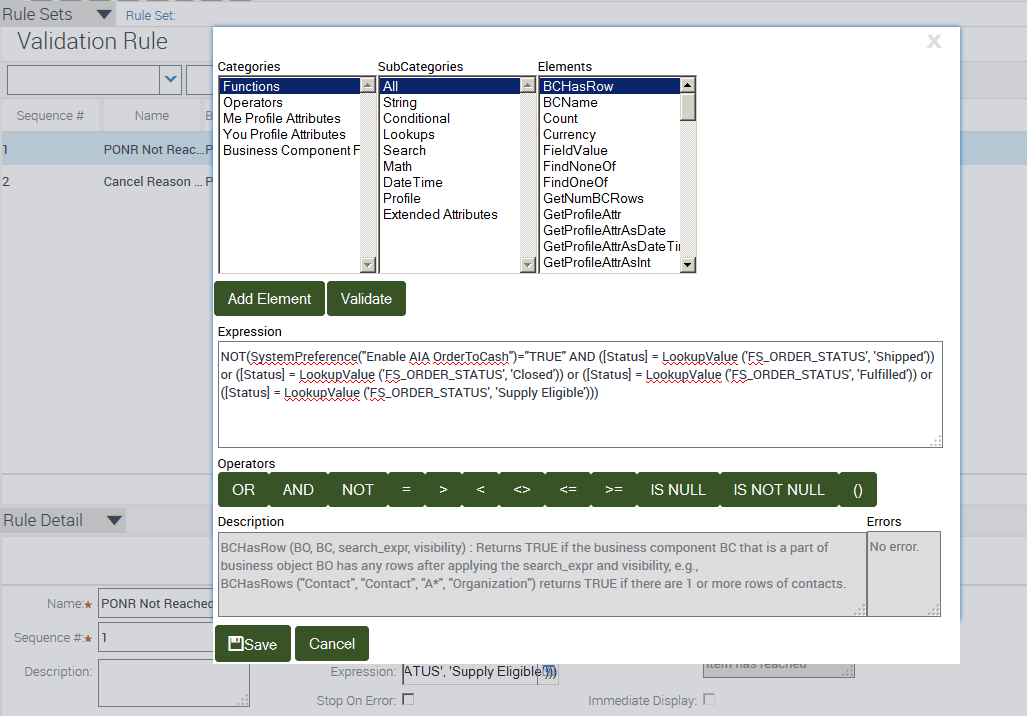The Importance of a Data Validation Manager
When it comes to managing data in any organization, having a reliable data validation manager is crucial. A data validation manager is responsible for ensuring that all data entered into a system is accurate, complete, and follows the specified format. Without proper data validation processes in place, organizations risk making critical business decisions based on inaccurate or incomplete data.
What is Data Validation?
Data validation is the process of ensuring that data entered into a system meets certain criteria or standards. This can include checking for the correct data type, length, format, and range of values. Data validation helps to prevent errors, inconsistencies, and duplicates in a database, leading to higher data quality and reliability.
Benefits of a Data Validation Manager
A data validation manager plays a key role in ensuring the accuracy and integrity of an organization’s data. By implementing proper data validation processes, a data validation manager can help to:
- Improve data quality and reliability
- Reduce the risk of errors and inconsistencies
- Enhance decision-making by providing accurate and timely data
- Ensure compliance with data protection regulations
Overall, a data validation manager helps to maintain a high standard of data integrity within an organization, which is essential for driving business success.
Challenges Faced by Data Validation Managers
While data validation is essential for maintaining data quality, data validation managers often face challenges in the process. Some of the common challenges include:
- Dealing with large volumes of data
- Managing data from multiple sources
- Ensuring data accuracy and completeness
- Implementing data validation processes across different systems
Despite these challenges, data validation managers play a critical role in ensuring that an organization’s data is accurate, reliable, and up-to-date.
Best Practices for Data Validation
Effective data validation requires a systematic approach and adherence to best practices. Some key best practices for data validation managers include:
- Defining data validation rules and criteria
- Regularly monitoring and auditing data quality
- Implementing automated data validation processes
- Providing training and guidance to data entry staff
By following these best practices, data validation managers can ensure that data integrity is maintained and that data-driven decisions are based on accurate and reliable data.
Conclusion
A data validation manager plays a crucial role in ensuring the accuracy, reliability, and integrity of an organization’s data. By implementing proper data validation processes and adhering to best practices, data validation managers can help to improve data quality, reduce errors, and enhance decision-making. In today’s data-driven world, the role of a data validation manager is more important than ever in ensuring that organizations make informed and strategic decisions based on reliable data.

